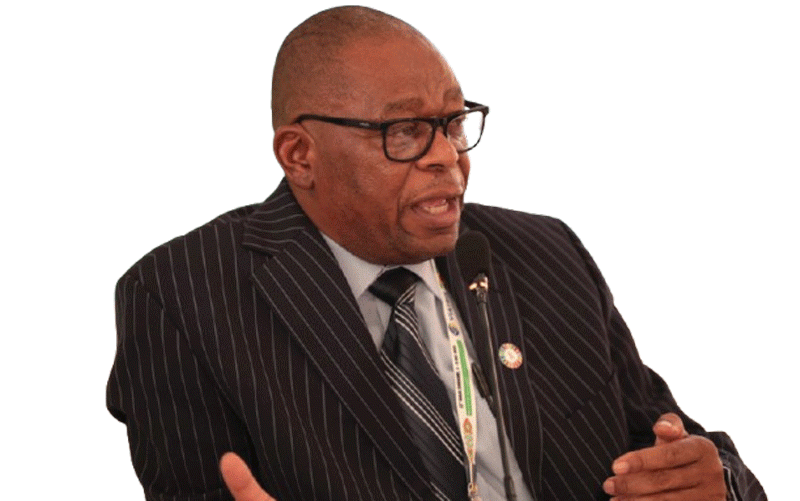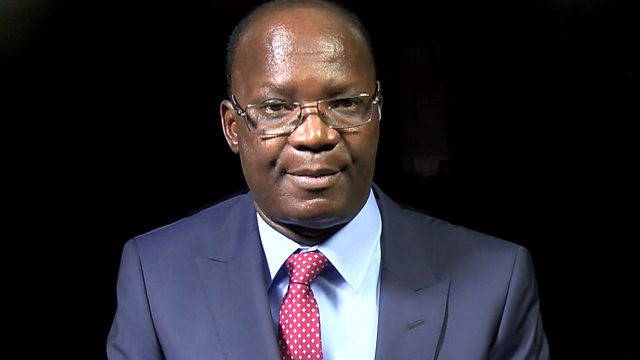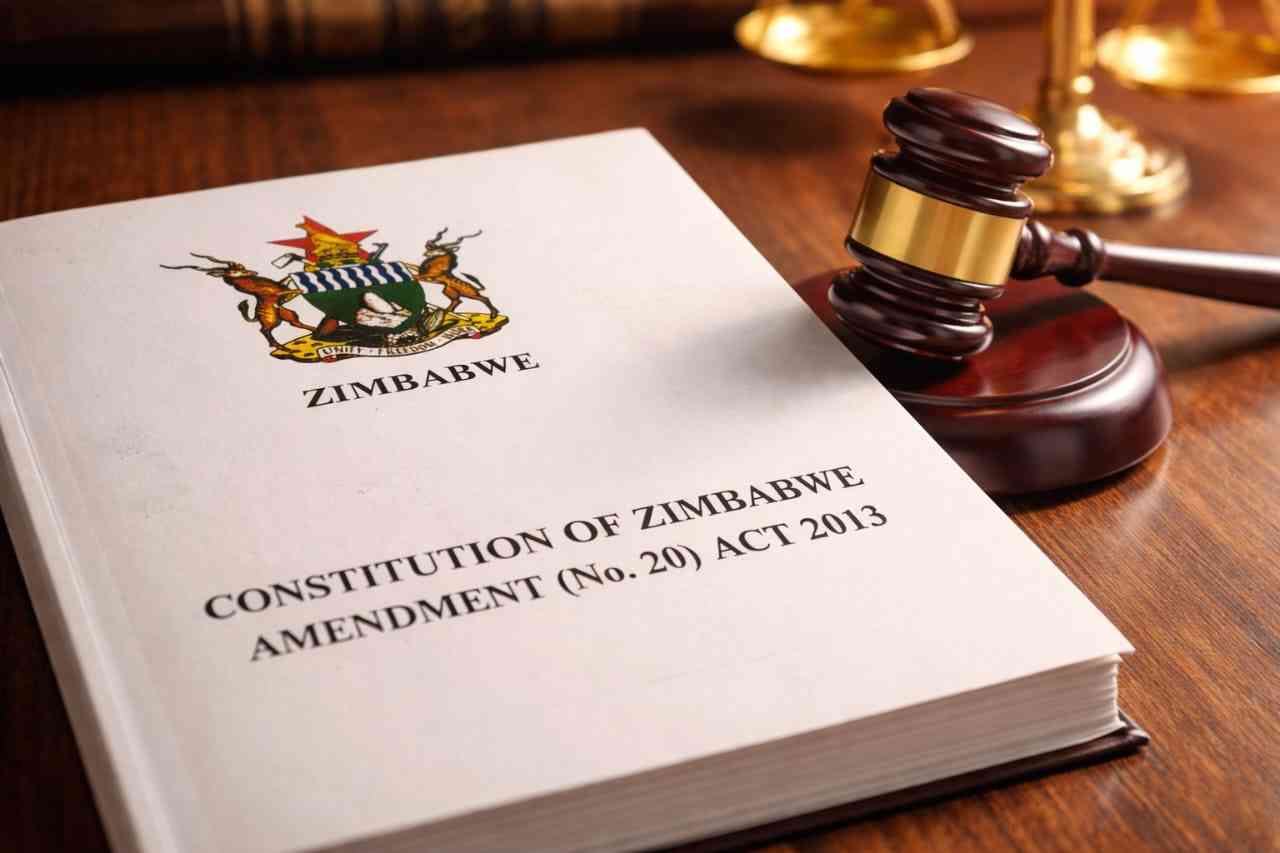
The government has failed to purchase life-saving cancer treatment machines despite claiming to have mobilised as much as US$30 million as of December last year for the procurement of the machines.
In June this year, reports emerged that a company owned by controversial tenderpreneur Wicknell Chivhayo was awarded a nearly half a billion US dollar contract for cancer treatment equipment.
The deal, valued at approximately US$437.28 million over four years, reportedly did not go through a public tendering process.
The contract, signed in March 2025, is between the Office of the President and Cabinet, represented by Chief Secretary Martin Rushwaya, and TTM Global Medical Exports (Pty) Ltd of South Africa, represented by CEO Rouxne Styger.
This was despite the fact that the Finance minister Mthuli Ncube had introduced a sugar tax at US$0.001 per gram of sugar to generate funds earmarked for cancer treatment through vital equipment, modern drugs, and strengthened infrastructure.
In Parliament last week, legislators queried why there was no evidence of how funds generated from the tax were being utilised towards cancer treatment interventions.
Health and Child Care minister, Douglas Mombeshora, said the Treasury has not released funds for the machines despite collecting US$30 million in sugar tax as of last year.
"We first asked the Ministry of Finance how much they currently have in their coffers so that we know what to procure in December 2024,” Mombeshora told Parliament.
- Zanu PF old guard retain CC posts
- No room for excuses
- Harare water crisis dire. . . as hospital runs dry
- Sir Wicknell gifts ‘Zanu PF’ artists
Keep Reading
“We were advised that there is US$30.3 million, which allowed us to determine how many machines we can procure and where to place them.”
Mombeshora then claimed the ministry signed contracts with two companies to supply the machines at Parirenyatwa and Mpilo hospitals in Harare and Bulawayo, respectively.
He said the contract was signed two months ago.
“We submitted to the Ministry of Finance, papers for them to pay the 30% deposit as per the agreement and in accordance with the suppliers' instructions,” he said.
“It is now more than two months since we signed the agreements.
“Therefore, it is now up to the Ministry of Finance, Economic Development and Investment Promotion to pay for the machines so that they can be installed.”
Mombeshora added: "The suppliers had said in 36 weeks the machines would be made and installed, we expect that by December the machines will be there.”
Zimbabwe's cancer treatment services are in dire state with hospitals struggling to cope with late-stage diagnoses and critical cancer equipment shortages leaving patients to die.
A recent parliamentary portfolio committee on health and child care report revealed that non-communicable diseases account for 36% of deaths in Zimbabwe, with cancer being a major contributor.










